Admission: Despite all the training and tools I’ve accumulated to manage clinical OCD over the years, the demons still run over me in spectacular ways on occasion. Yesterday was one of those days.
Mood Music:
Things I’ve learned about OCD management:
- Practice mindfulness through meditation
- Push back thought distortions — the kind associated with something like impostor syndrome.
- Take walks
- Prayer (as part of that first one)
Sometimes, though, my passions run so hot that I flat-out forget to pick up those tools.
In recent weeks, my work has involved producing a lot of written guidance for businesses trying to maintain security as workforces go remote. I’ve taken the task close to heart because it’s one small way I can do my part to get society through this, aside from the physical distancing. Also: It’s my job.
But when my OCD runs hot, my patience grows threadbare. I want to get content out quickly. It’s the old newsman in me. Which can be at odds with another truth: When dealing with technological guidance, the more painfully rigorous the process, the better.
Yesterday, I realized that my obsessive-compulsive nature was trying to circumvent that process, and I suspect it made life difficult for a couple of my colleagues. To them, I apologize.
The good news: I caught myself, with gentle pushback from a couple people. Now I’m going to step back a little today and pick those tools back up.
This isn’t meant as a public self-flaying exercise. It’s a message for everyone working through these times with OCD, anxiety, depression and other mental disorders:
- You’re not alone.
- You’re not stupid or weak.
- Health management of any kind is a titanic task in times like these.
- Yes, past generations have weathered trying times (The Great Depression and WWII come to mind), but individuals who did great things along the way still failed from time to time.
- Beating ourselves up — something I excel at — is worse than useless.
When we have bad moments, let’s take a breath, step back, dust off and get back to work.
That’s what I’m going to do.
But first, a nap. That’s a good OCD management tool, too.

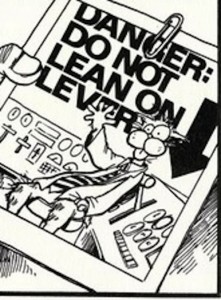
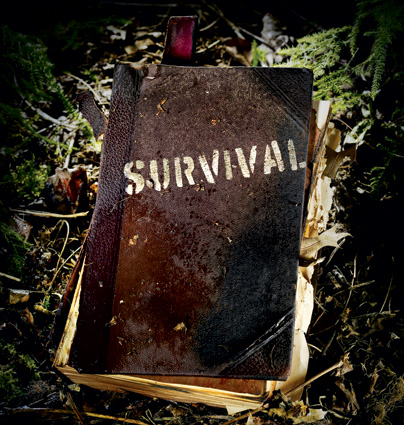
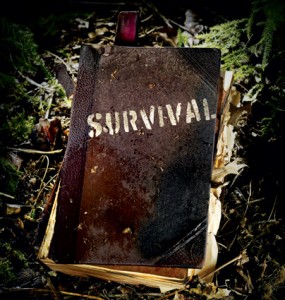
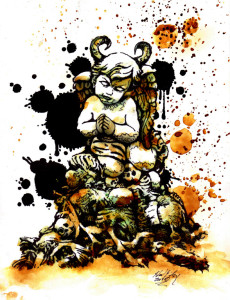
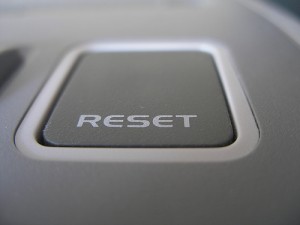


 Photo by Robert Corthell
Photo by Robert Corthell